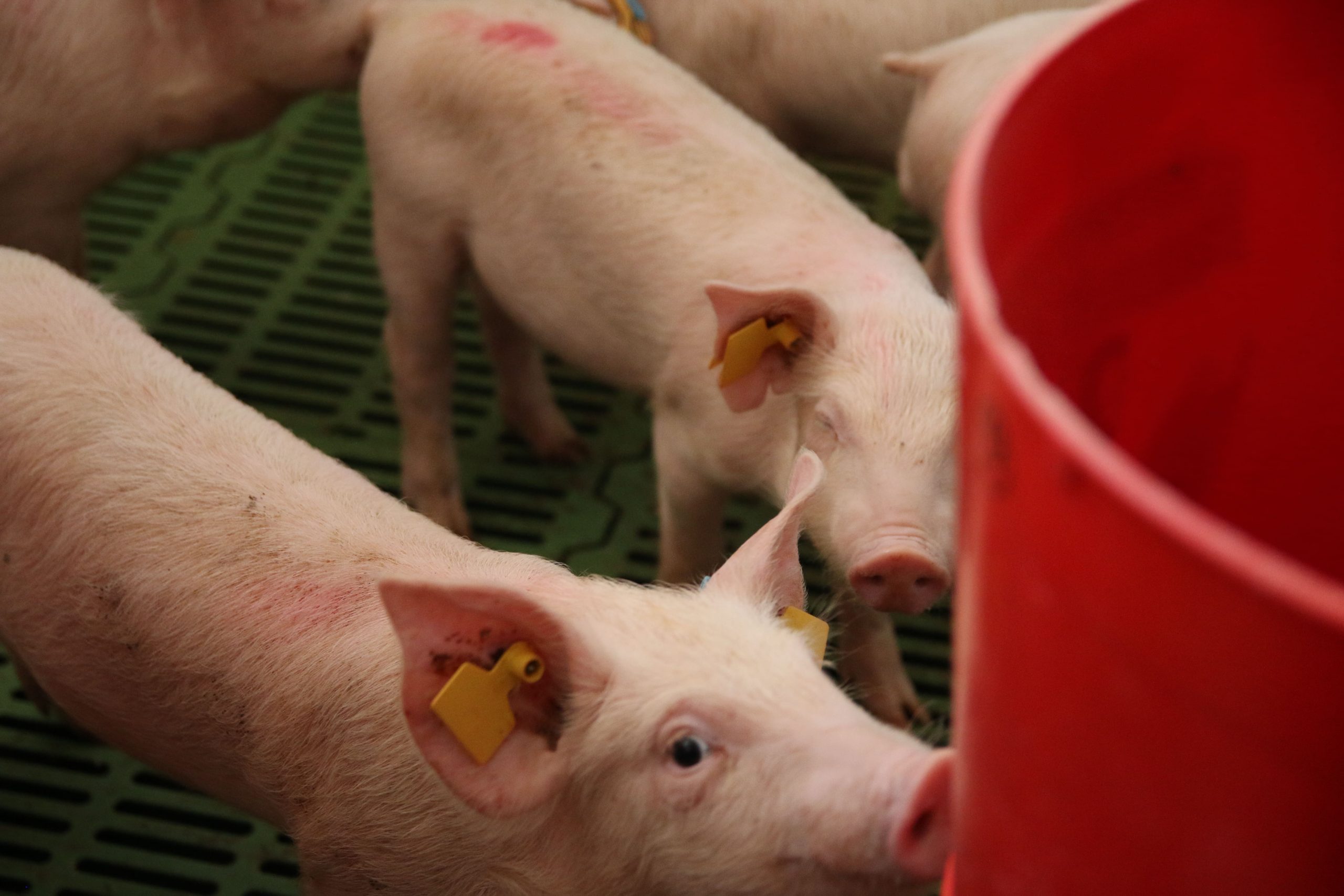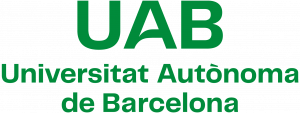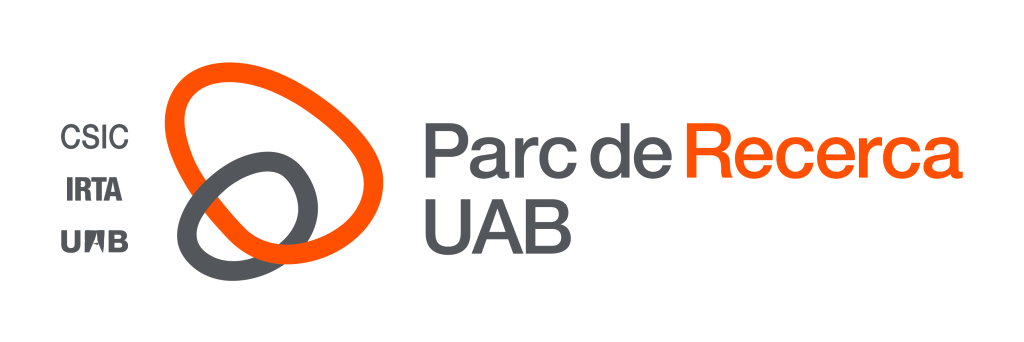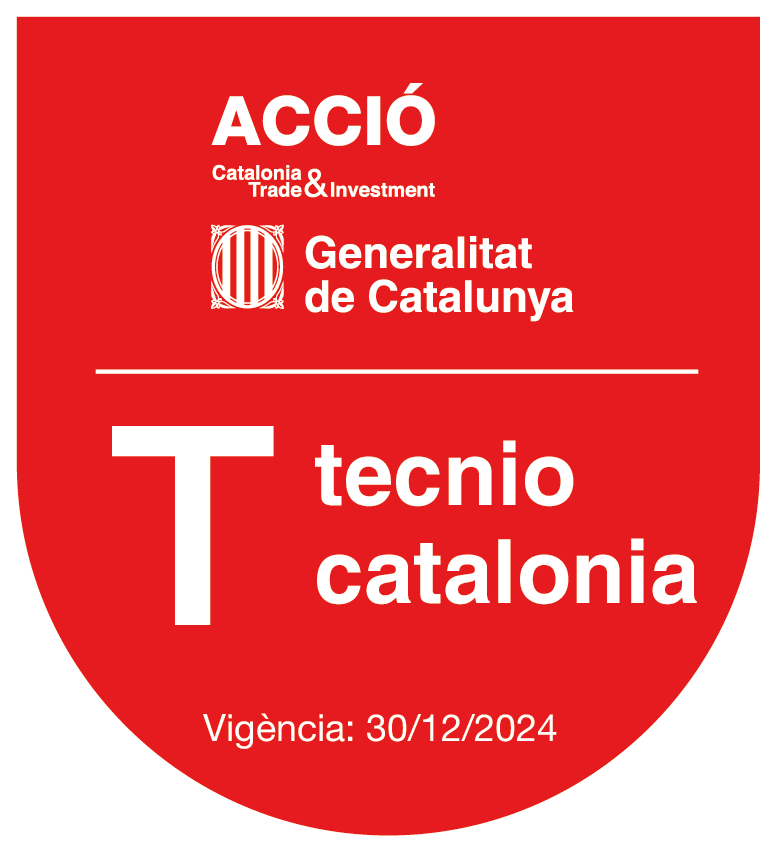The Animal Nutrition and Welfare Service (SNiBA) is involved in the BI-NOIN project, which aims to develop new non-invasive faecal biomarkers to mitigate and prevent digestive problems in piglets.
Weaning is a very stressful time for piglets, which leads to a loss of their health status, providing an ideal environment for the proliferation of gastrointestinal disorders, inflammation, and colonization of pathogenic bacteria that trigger post-weaning diarrhea. For more than 20 years, zinc oxide (ZnO) has been widely used at therapeutic levels in the pig industry as an effective way to prevent these kind of diseases.
However, since June 2022, the use of medicinal doses of ZnO is not authorized in the European Union, urgently requiring the development of new preventive and therapeutic strategies to control this issue, as there is currently no clear alternative that can replace this compound. In fact, the solution may not only depend on feed formulation, but a multifactorial approach should be considered, including biosecurity, management, facilities, and equipment.
In this context, the general objective of the project is to develop methods to identify new non-invasive faecal biomarkers of intestinal inflammation in piglets that allow us to anticipate the development of pathological and subclinical processes for the effective application of palliative or preventive measures. It is expected that the tools and strategies derived from the project will reduce mortality rates by around 1-2%, improve nutritional efficiency by 20-30 units, and reduce the current use of antimicrobials by 30%.
The use of faeces as a sampling point is a very important advantage compared to other types of samples, such as blood, due to the ease of obtaining them and the fact that it does not involve stress for the animal.
To achieve this goal, a consortium has been formed consisting of Vall Companys, the main spanish swine producer, MEVET (veterinary laboratory), and the research groups Animal Nutrition and Welfare Service (SNiBA) and the Veterinary Clinical Biochemistry Service (SBCV) of the Autonomous University of Barcelona, which have extensive research experience in the field of animal nutrition and veterinary biochemistry.
The publication is part of the project CPP2021-008315, funded by MCIN/AEI/10.13039/501100011033 and by the European Union “NextGenerationEU”/PRTR.







